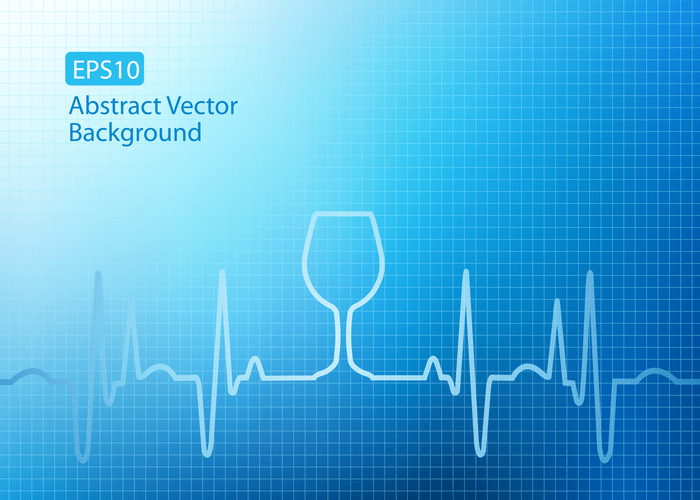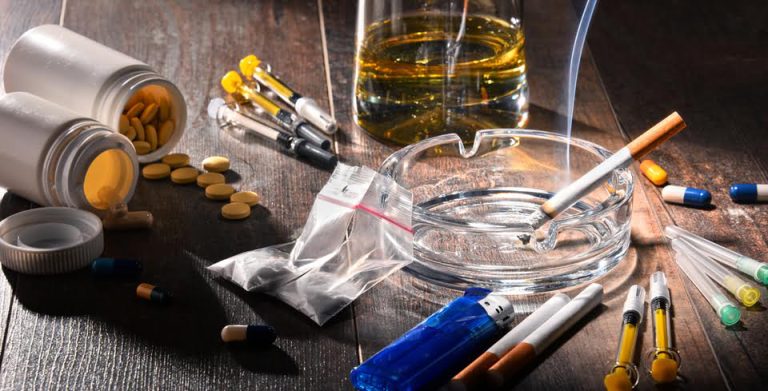You don’t need a professional diagnosis to get help for alcohol use disorder. Without healthy tools to manage stress, conflict, or emotional distress, many people turn to alcohol. They may never have learned how to cope — and alcohol fills that gap temporarily. Regular alcohol consumption can lead to physical dependency, where the body and brain adapt to the presence of alcohol.
Alcohol and the Brain: In the Long Run
This overloads the pleasure centers of the brain, altering the way people experience their feelings. Once the alcohol is out of your system, your brain craves that high again, which leads to seeking it out again and again until the brain can’t experience that kind of pleasure without alcohol. Alcohol releases more dopamine and endorphins into the brain than normal. For some people, their brains release more of these chemicals and neurotransmitters than average, making the experience that much better for them. In fact, many people consume an excess of alcohol and never experience addiction. Despite the differences in subtypes of “alcoholics,” AUD doesn’t define any one of us.

Resources for alcohol and substance use disorder
They fail to see the negative effects that alcohol has on their health in the long term. Alcoholism is a complex health condition that affects every part of your life. The recovery from it often requires medical assistance in monitoring your progress or dealing with withdrawal symptoms. At Carolina Center for Recovery and affiliates, we aim to provide readers with the most accurate and updated healthcare information possible.
myths about using Suboxone to treat opioid addiction
Young adults aged represent the highest rates of alcohol use disorder, with approximately one in seven affected. Social media platforms play a growing role in shaping perceptions and behaviors regarding alcohol use among youth. These environmental factors, combined with genetic and social influences, https://usr.netdinheiro.com.br/art-therapy-for-addiction-benefits-techniques-how/ create a complex web of risk factors for developing alcohol use disorders. Over 400 genetic locations have been identified that may influence the risk of alcohol misuse.

Social and cultural aspects of our environment can influence the way we think and act. For example, in a culture where milk may be thought to have healing properties, we might be more likely to consume dairy than we would in another culture. Similarly, social and cultural factors can impact our attitudes towards drinking and drinking habits.
Alcoholism and Race
To learn more about our alcohol addiction recovery program, please feel free to give us a call today. Childhood abuse or neglect significantly increases the risk of developing Sobriety alcoholism due to a lack of healthy coping mechanisms. Traumatic childhood experiences can lead individuals to rely on alcohol as a means of coping with related symptoms in adulthood.
What is alcohol withdrawal syndrome?
- Most young antisocial alcoholics are also male (about three-quarters of the group).
- Yes, stress and trauma can be significant contributing factors to the development of alcoholism.
As the Cleveland Clinic excellently states, alcohol use disorder (or alcoholism) is a medical condition where a person is unable to control their heavy or frequent drinking. They continue to drink in an unhealthy manner despite knowing that their behavior could result in negative or devastating consequences. Individuals in their early to mid-twenties are particularly prone to disorder alcohol use disorders. This age group shows the highest likelihood of experiencing these issues. Older adults are showing a rising trend in heavy drinking, often influenced by age-related physiological changes that increase sensitivity to alcohol.
- Similarly, the co-occurrence of AUD with major depressive disorder ranges from 27% to 40%, and among those with bipolar disorder, the prevalence of AUD can be as high as 42%.
- You might have far more chance of being an alcoholic if your parent drank.
- Genetic, environmental, and psychological factors influence the risk of becoming an alcoholic.

Those susceptible or predisposed to alcoholism may experience higher levels of pleasure compared to the average population. This can contribute to the hypothesis that alcohol is more addicting for some individuals than others. Moreover, binge drinking also releases “negative chemicals”, such as cortisol.
This guide will walk you through critical steps, from acknowledging the issue to setting achievable goals, finding professional treatment, and building a supportive network…. Understanding these social and cultural influences can help in developing targeted prevention and intervention strategies. The structure of our day disappears, boredom creeps in, and we might be tempted to drown it all in the bottle. And even if we realize we’re sliding into the alcohol trap, we might find ourselves without access to much-needed mental health why do people become alcoholics resources that could offer support. Likewise, booze-positive social media posts represent a highlight reel — after all, people don’t share their hangovers or rehab stints with the same gusto. For more information on alcoholism, including treatment resources, check out the links on the next page.
Understanding Why Some People Become Alcoholics
These can include things like your culture, religion, work and your current life stage. For example, if you’ve recently started university, your drinking may have increased due to the ‘culture’ around student drinking, fresher’s week and wanting to make friends. They might use it to self-soothe and avoid the symptoms of another mental health condition, such as depression or anxiety. Many people get addicted to alcohol because it helps them escape their problems and feel better.
